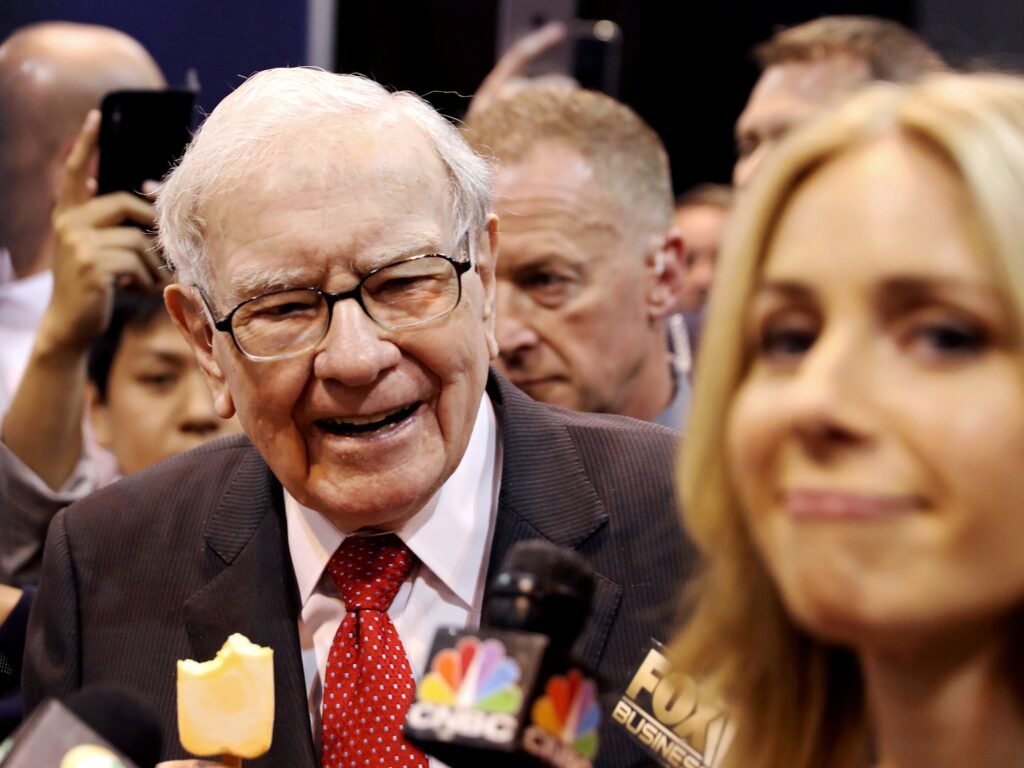
Reuters
- Warren Buffett’s Berkshire Hathaway reported a 4% drop in operating profits last quarter.
- Berkshire was hit by currency-exchange losses and lower insurance profits.
- The company was a net seller of stocks for the 11th quarter in a row.
Warren Buffett’s Berkshire Hathaway posted a 4% drop in operating earnings to $11.2 billion in its first quarterly earnings report since the legendary investor revealed he plans to step down as CEO.
Berkshire also sold a net $3 billion of stocks last quarter, purchasing $3.9 billion of shares but selling $6.9 billion worth. The disposals marked the 11th quarter in a row that the company has been a net seller of stocks.
Second-quarter earnings fell as slimmer insurance underwriting profits offset higher income from BNSF Railway, Berkshire Hathaway Energy, and the manufacturing, service, and retailing division.
Another key driver of the decline was an $877 million foreign currency exchange loss tied to non-dollar debt — a sharp swing from a $446 million gain in the same period last year.
Berkshire is now sitting on a $344 billion cash pile, the filings show. That sum is larger than the market capitalization of companies like Coca-Cola and Bank of America.
Buffett, who turns 95 this month, refrained from repurchasing any Berkshire shares last quarter. The company wrote down its 27% stake in Kraft Heinz by about $5 billion, reducing its carrying value to $8.4 billion.
The billionaire bargain hunter and his team have been thwarted by high valuations for public stocks, private companies, and Berkshire’s own shares in recent years.
The lack of buying opportunities — and Berkshire paring key stock bets including Apple and Bank of America last year — have boosted its cash pile to all-time highs.
Berkshire stock was trouncing the benchmark S&P going into the annual meeting in May, when Buffett announced his planned successor, Greg Abel, would take over as CEO in the new year.
But while the index has surged over the last three months, Berkshire stock has slumped, which some gurus have attributed to the loss of a “Buffett premium.”


